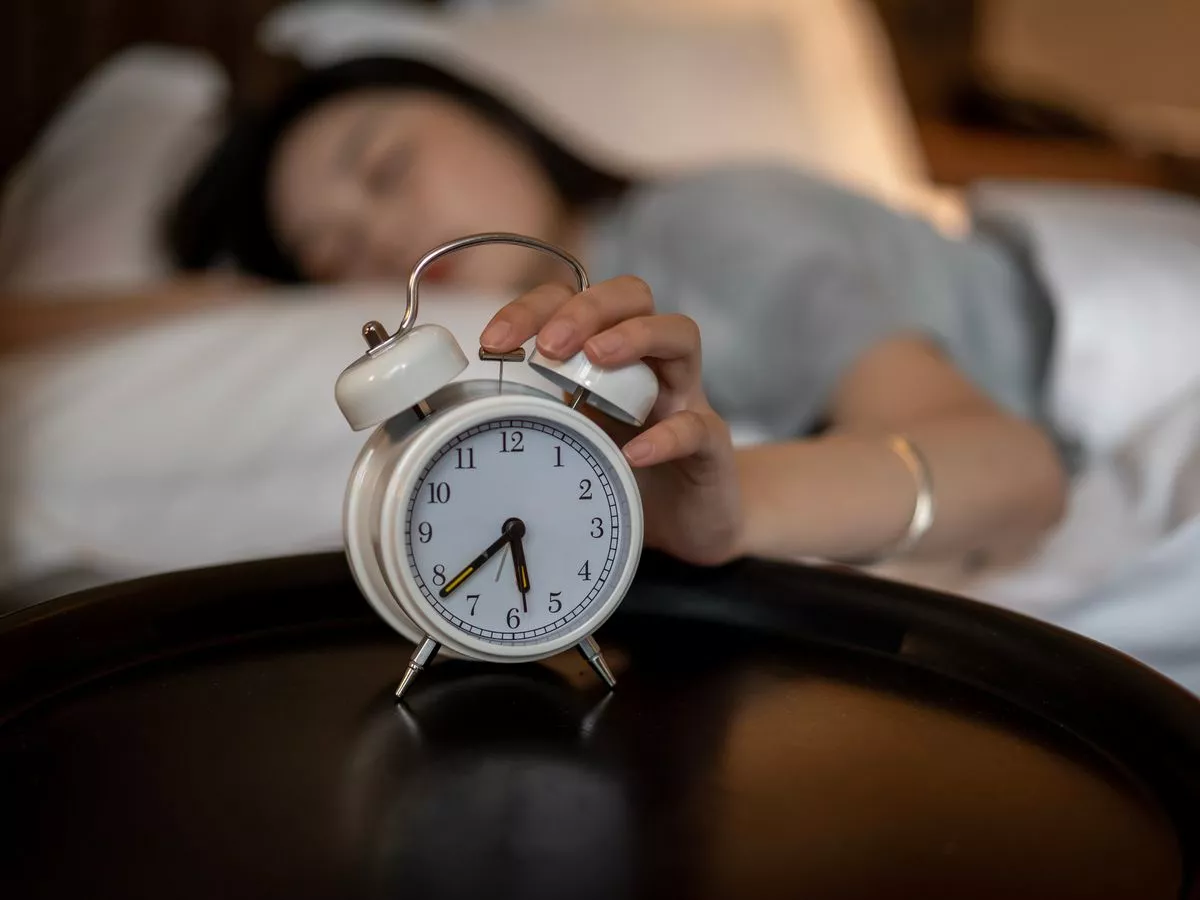By Claire Schofield,Eilidh Farquhar
Copyright dailyrecord

Many people will have noticed that daylight hours have begun to shorten since the start of September, with some of us having to turn our lights on a bit earlier at night or are struggling to wake up in the morning due to street lights still being on. As a result, it has got a few of us wondering when the clocks will once again change. This year, the clocks are set to go back one hour on October 26, giving households can extra hour on shut eye if they rely on an alarm to wake up in the morning. However, while many people may be excited for the extra kip, sleep experts are warning that the switch can have a negative impact on our bodies, such as disrupting our mood and body clock. Twice a year we experience a change in the clock times – one in spring and one in autumn. The changing of the clocks was first introduced in 1916 through the Summer Time Act to provide farmers with an extra hour of sunlight in the summer months to help boost parts of the agricultural sector, reports the Express. In early spring the clock is seen to go forward an hour to mark the start of British Summer Time, with them then falling back an hour in autumn as we return to Greenwich Mean Time . While at the time of the clocks changing we see little change, these switches do eventually allow us to enjoy longer days with lighter nights in the summer months before shifting back to shorter days and darker evenings as we transition into winter. On Sunday, October 26 the clocks will go back one hour at 2am. While many of us may not see the clocks flipping back an hour as we are already asleep, this time shift can have negative repercussions on our body and mood. The changing of the clocks can disrupt our circadian rhythm , which is the internal body clock that regulates our sleep. By harshly interrupting this rhythm, it could end up having an impact on your hormones, body temperature and other body functions such as digestion and metabolism. For those wanting to make sure they can still be proactive, sleep experts recommend adjusting your bedtime routine by 15 minutes each night in the week leading up to October 26. This subtle change will allow your body to acclimatise to the clock change so it won’t be as shocking to your system. Experts from Sleepeezee said: “One of the best ways to ease into the clock change is to adjust your sleep schedule beforehand. “In the week leading up to the change, try going to bed 15 minutes earlier each night to allow your body to adjust gradually to the lost hour of sleep. This small change will help minimise the shock to your internal body clock and make the transition smoother.” The team added: “Consistency is key when it comes to maintaining a good sleep schedule. Going to bed and waking up at the same time each day, even on weekends, will help reinforce your body’s natural circadian rhythm. “Your body will then naturally know when it’s time to wind down, making it easier to fall asleep, even when the clocks shift.” This is not the only way that households can better their sleep before the clocks change and make sure they are well rested this autumn. One trick is to move your meal times to later in the day before the change. By doing this, you will still be naturally hungry at an appropriate time for having a meal and this should stop you from reaching for random snacks while your body clock tries to regulate itself. Other lifestyle changes include limiting your caffeine intake, having a bath before going to bed and reducing alcohol.



